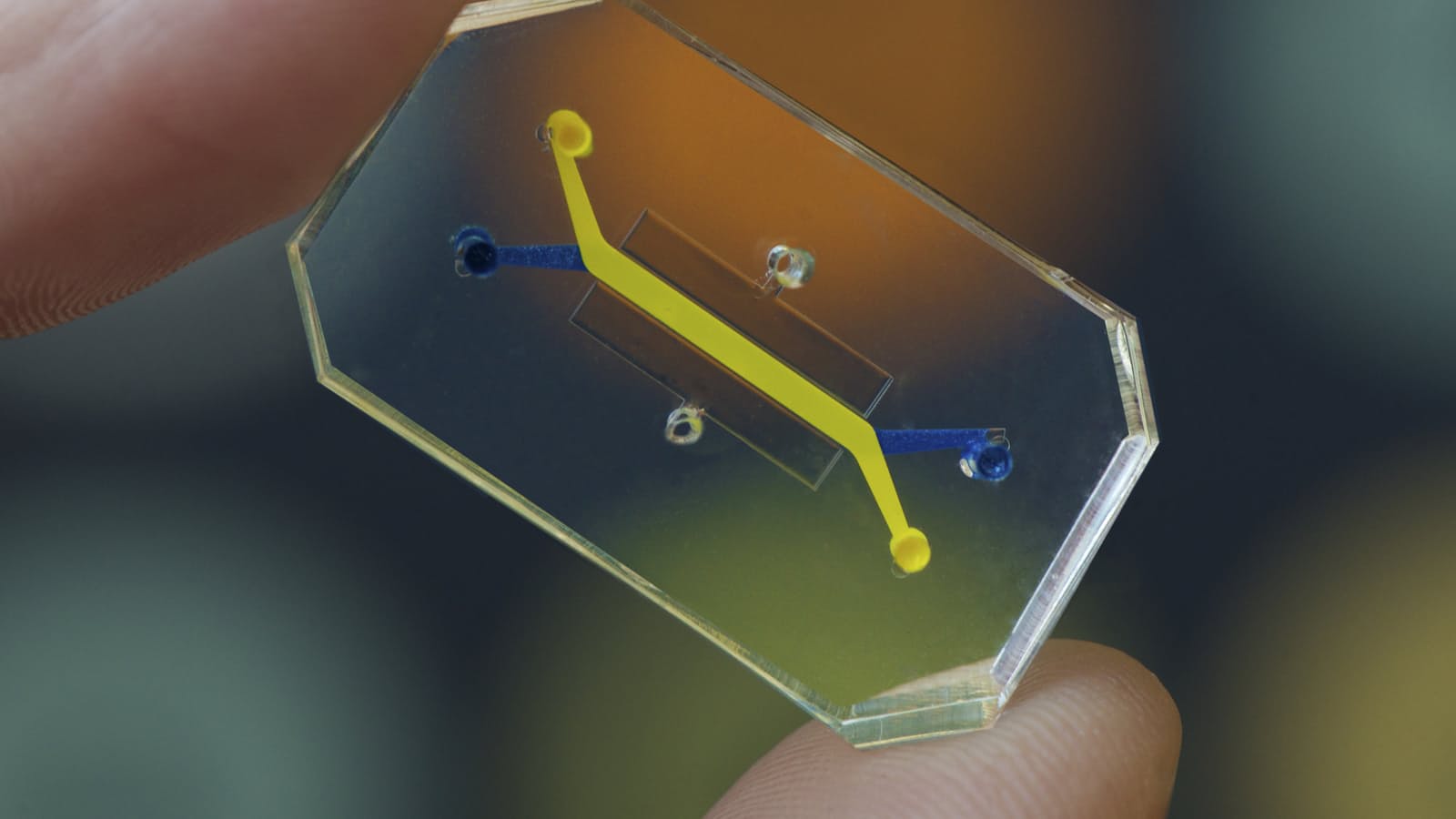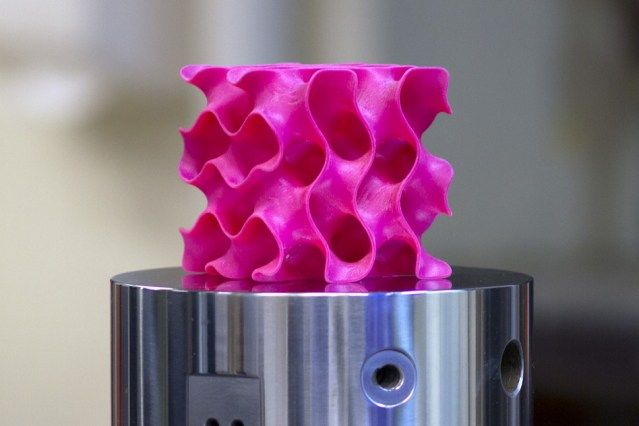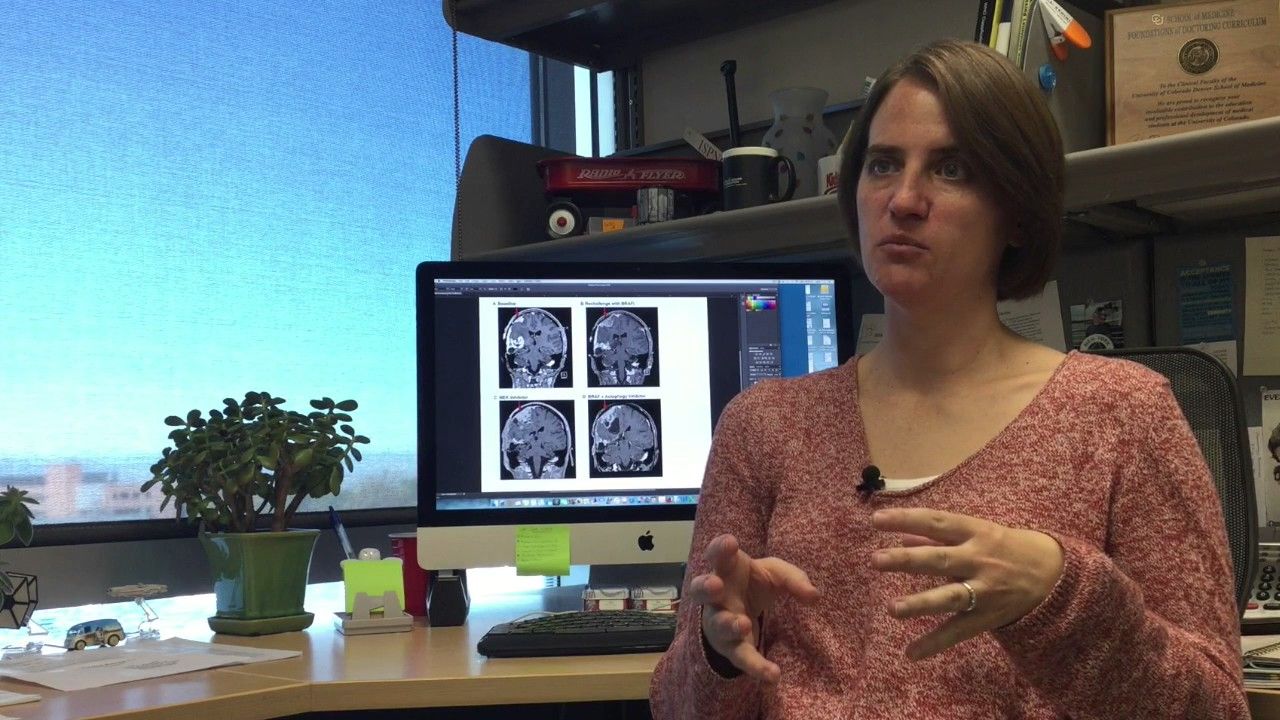
Biological engineers at Harvard University’s Wyss Institute for Biologically Inspired Engineering have invented a microchip that can be lined with living human cells in order to revolutionise medicine, particularly relating to drug testing, disease modelling and personalised medicine.
The ‘human organs-on-chip’ is a microchip made from a clear flexible polymer that contains hollow microfluidic channels that are lined with living human cells, together with an interface that lines the interior surface of blood vessels and lymphatic vessels, known as an endothelium.
The idea is that the microchip can emulate the microarchitecture and functions of multiple human organs such as the lungs, kidneys, skin, bone marrow, intestines and blood-brain barrier. And if you were able to do this, you could then test out drugs and study how diseases affect the body without having to endanger human patients, or waste precious organs needed for transplants.
Continue reading “Human organs-on-chips: Harvard develops microchips lined with living cells to revolutionise medicine” »


















